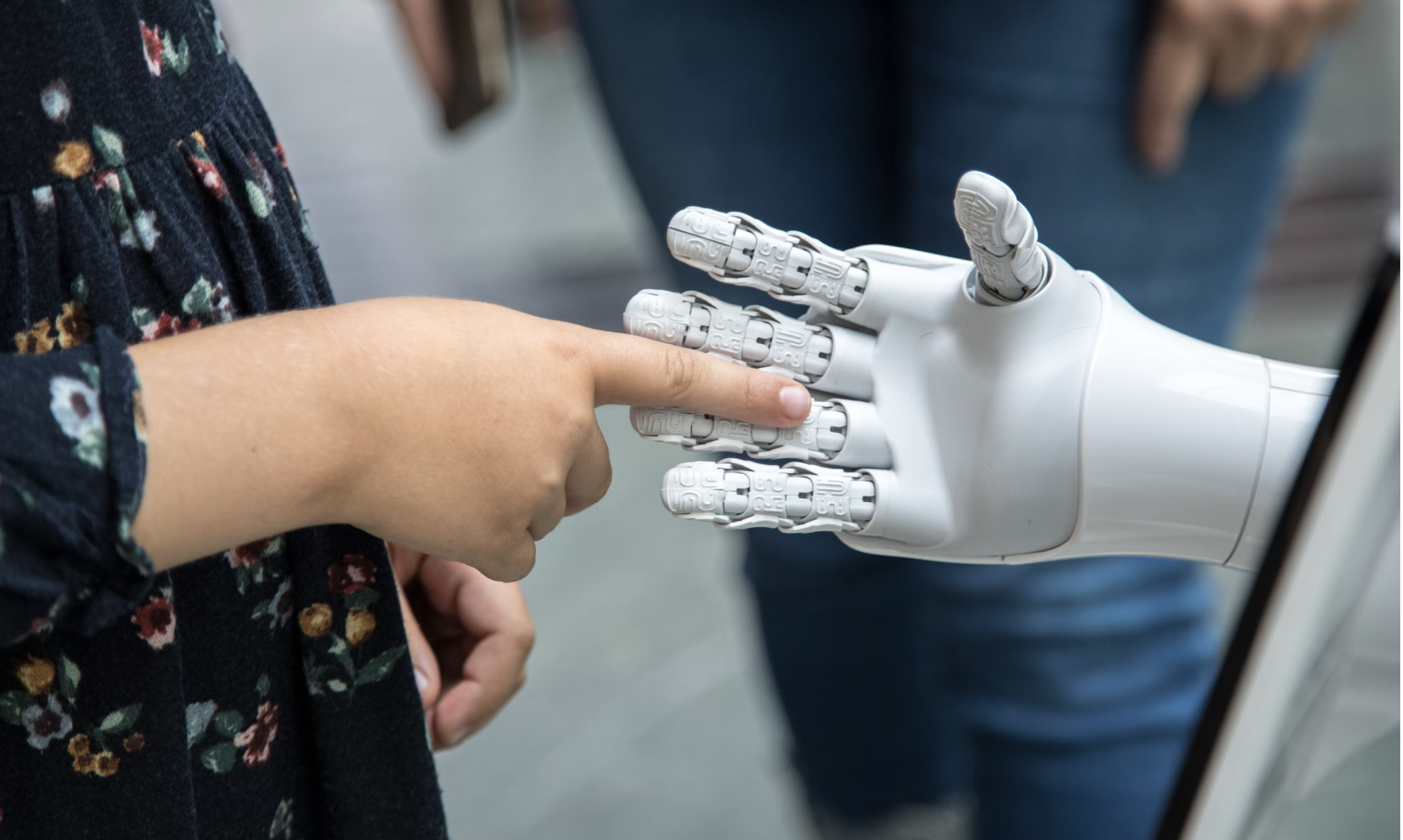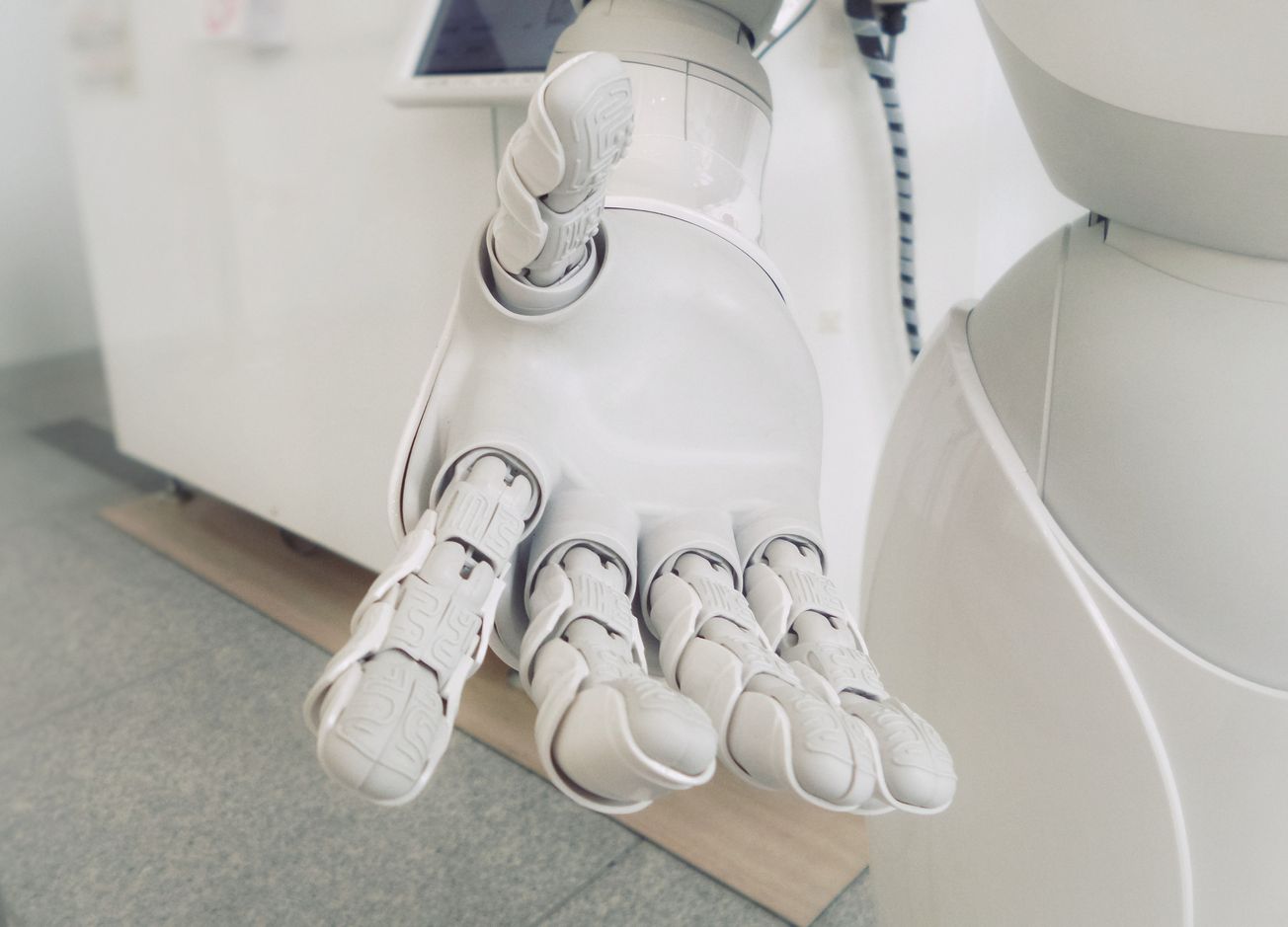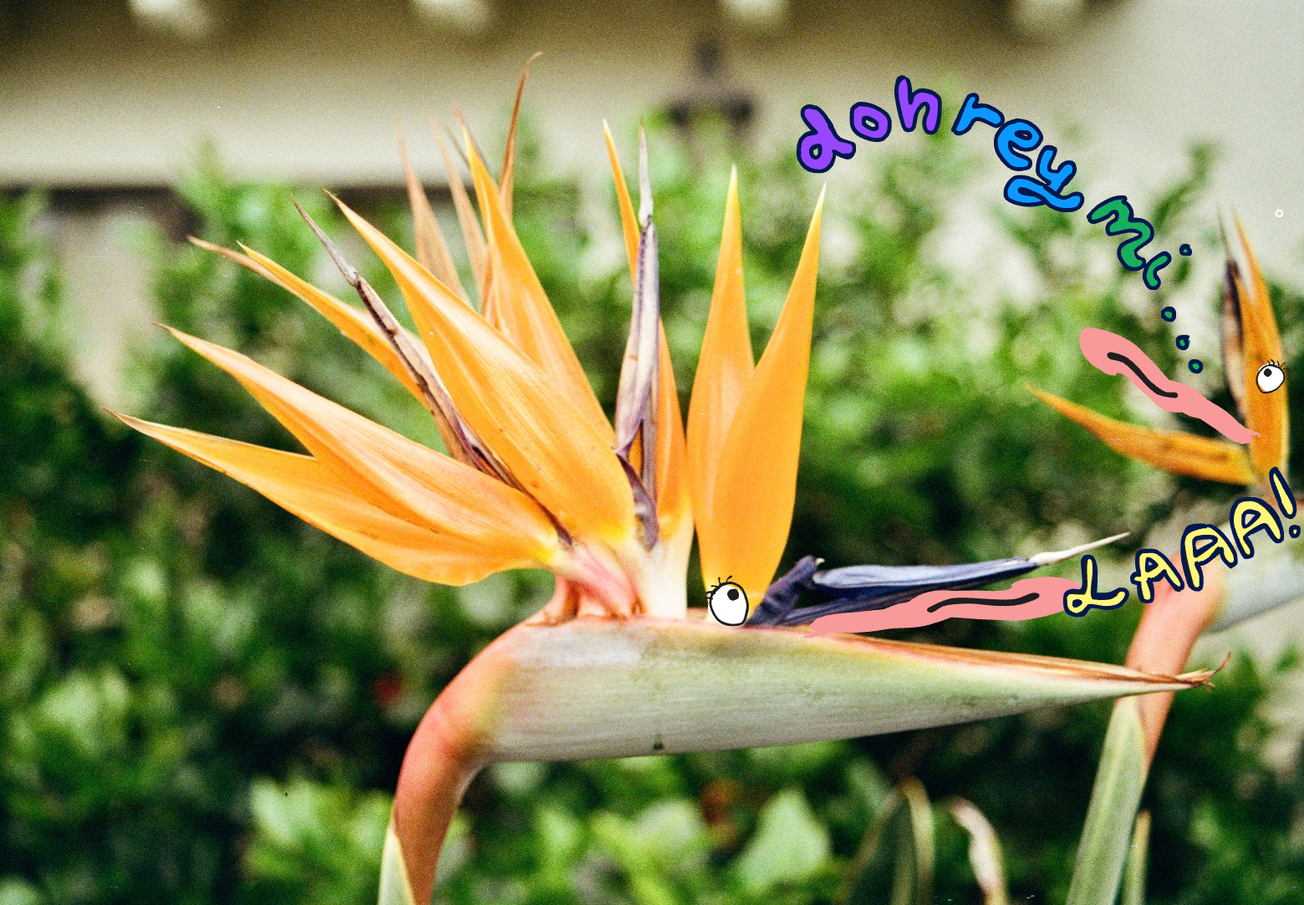By Dhristi Agarwal, SciTech Editor
SciTech explores how AI is enhancing the educational landscape, its applications in language learning, visualisation, and individualised instruction, as well as the ethical considerations that guide its implementation.
From the days of pen and paper in primary school to the contemporary landscape of education, technology has redefined the way we learn. Artificial Intelligence (AI) is the latest technology to disrupt education. It allows computers to perform tasks that normally require human intelligence, such as reasoning, problem-solving, and learning.
In education, AI is reshaping traditional learning paradigms, empowering students like us, and educators alike to explore the frontiers of knowledge. By harnessing techniques such as machine learning, natural language processing, and data analytics, AI empowers educational institutions to tailor learning experiences to students' preferences, learning styles, and abilities. Amidst the digital age's call for personalisation, AI emerges as a solution to address diverse learner needs.
AI and the Impact of the Pandemic
The COVID-19 pandemic accelerated the adoption of AI in education. To deliver remote learning, schools and universities became dependent on Educational Technology (EdTech). Many EdTech platforms are infused with AI capabilities to ensure seamless learning experiences despite geographical barriers. The success of these platforms highlighted the need for both EdTech and AI in sustaining uninterrupted education.
AI's Role in Learning Enhancement
AI's potential to elevate education is multifaceted and transformative. Its greatest strength is its capacity to personalise learning. By analysing students' performance data, AI systems discern patterns, which can be used to tailor learning paths and content delivery that align with individual preferences. The level of customisation goes beyond conventional teaching methods, optimising each student's learning journey. A report by McKinsey & Company found that AI has the potential to enhance learning outcomes by up to 30%. Most of these gains are likely to come through platforms like ChatGPT. This statistic emphasises the significance of AI in education, especially in platforms like ChatGPT, which acquaint millions with AI technology. Thus, understanding AI's applications and implications is crucial as we step into an AI-augmented educational landscape. It's therefore crucial that these platforms present accurate information in an unbiased manner.

AI in Language Learning
AI-powered language learning tools, exemplified by chatbots, transform the acquisition of foreign languages. Through direct interactions, learners receive customised answers, simplifying the learning process. Moreover, AI's emotion recognition technology sustains learner enthusiasm by incorporating engaging activities that enhance emotional intelligence and skills. The Duolingo app, powered by AI, has emerged as a language-learning trailblazer. The new Duolingo AI system, Birdbrain, embedded with learning lessons flags common errors for users. BirdBrain’s algorithms deliver a better-personalised experience and enhances one’s language learning skills.
AI's Impact on Visualisation and Learning
The integration of AI with Virtual Reality (VR) and Augmented Reality (AR) technologies can prove even more effective. These tools elucidate complex concepts, particularly in subjects requiring visual representation. They also build emotional intelligence and data comprehension, and promote communication and collaboration among young learners. For example, Wolfam Alpha, a program leveraging AI, facilitates the visualisation of intricate mathematical concepts. By generating interactive visualisations, graphs, and equations, students engage with abstract mathematical theories, enhancing comprehension.
AI and Individualised Learning
AI's potential extends to individualised learning pathways. From learning modalities and content types to curriculum adjustments, AI fine-tunes education to match each student's skill level, gaps, and interests. Through software that tracks knowledge, tests progress, and adapts content, engagement and skill acquisition are enhanced. This personalised approach accommodates every learner, from advanced students to those struggling with specific concepts. The success of Cameo's introduction of AI-powered products demonstrates how AI can address different learning needs, fostering inclusivity.
AI empowers educational institutes to tailor learning experiences to students preferences, learning abilities and styles.
As we peer into the future, AI in education presents untapped potential. The convergence of AI, VR, and Augmented Reality could yield immersive educational experiences. Students could explore historical events, dissect organisms, and engage in physics simulations, all within a responsive virtual environment.
However, as AI's become more commonplace, ethical considerations must guide its trajectory. Data privacy, algorithmic biases, and the balance between technology and human connection require careful deliberation. A UNESCO global survey of over 450 schools and universities found that fewer than 10% have developed institutional policies and/or formal guidance concerning the use of generative AI applications. Without clear policy, AI may exacerbate the educational gap rather than close it.
The future of AI in education is an exciting voyage into uncharted territories. AI's ability to cater to individual needs, nurture curiosity, and equip the next generation for an ever-evolving world is profound. To reap the rewards of AI in education, governments must prioritise technology infrastructure, provide financial support, and foster innovative opportunities in education. As AI takes its place in education, it empowers us to transcend boundaries, taking us into an era of education that celebrates diversity, curiosity, and holistic development.
Featured image courtesy of Unsplash
How do you feel about the use of AI in education?









